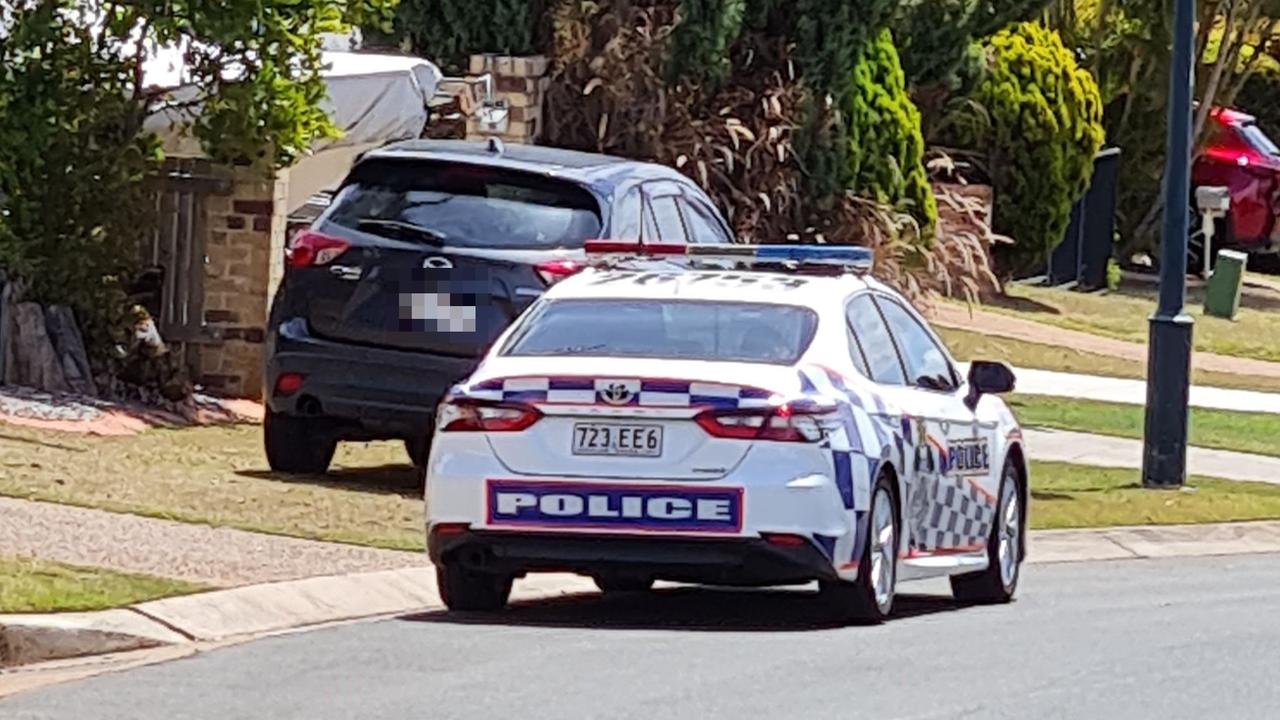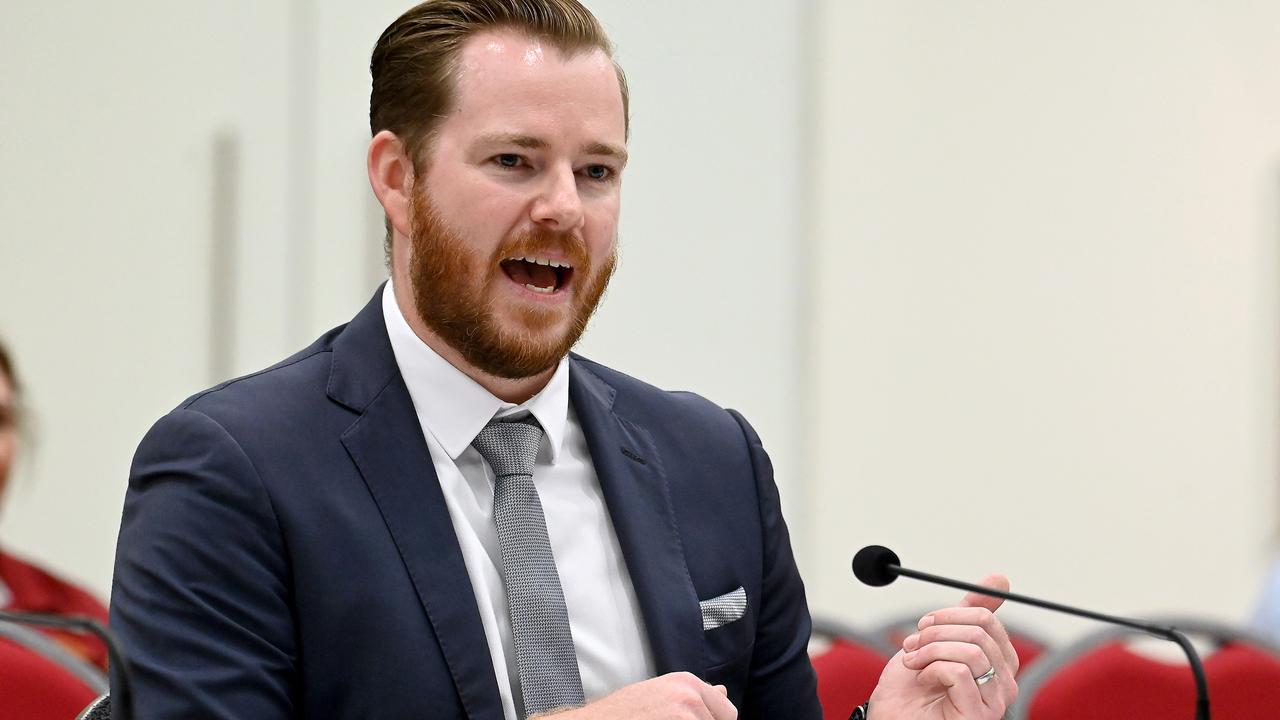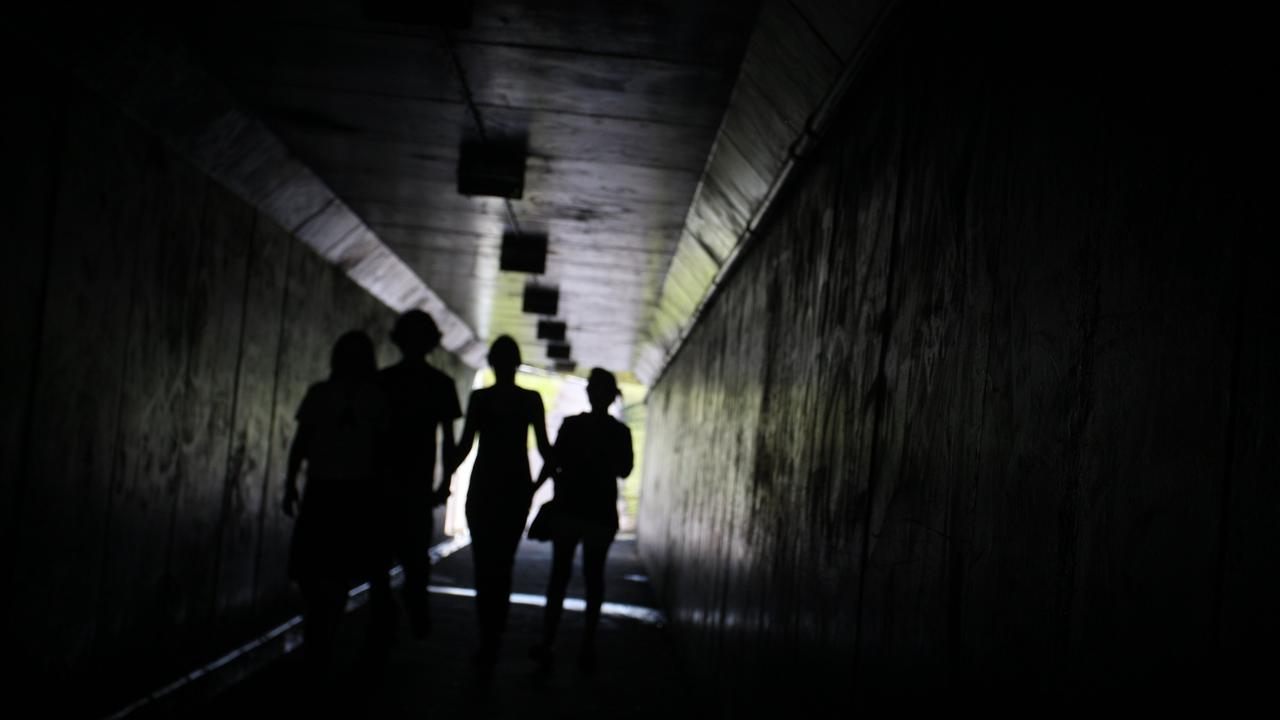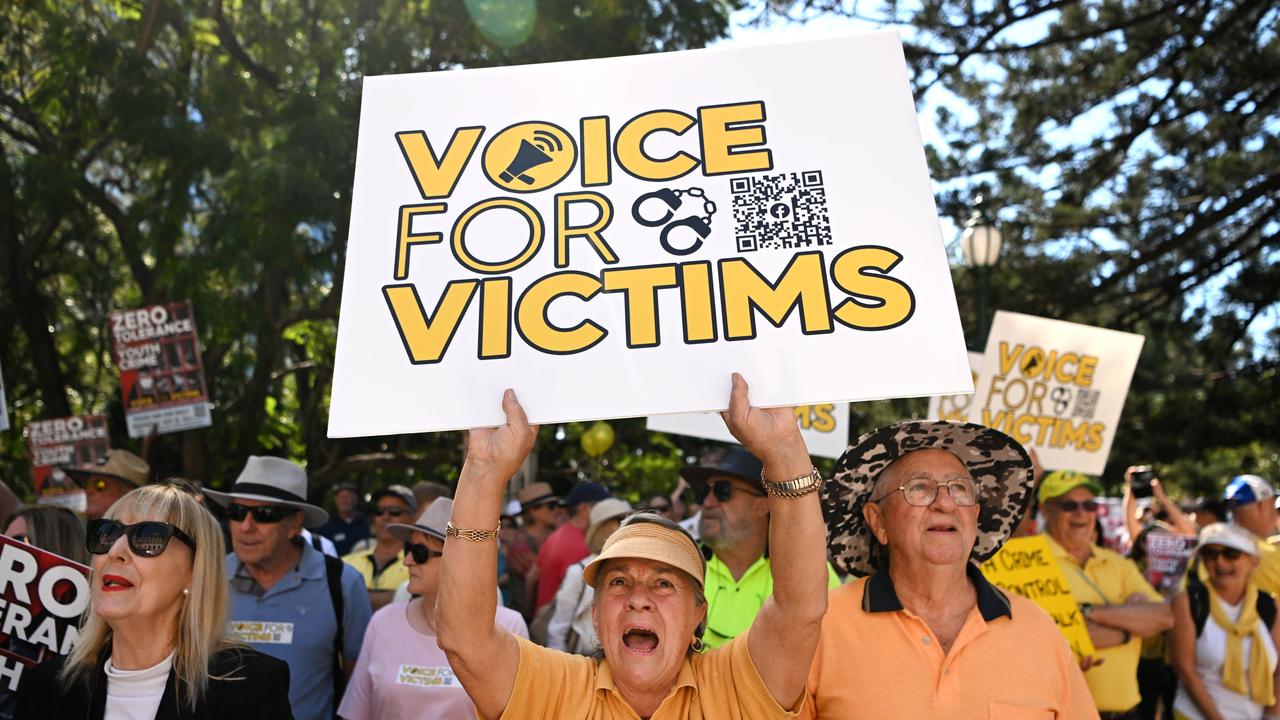Resi care staff in record compo claims amid surge in violence
Residential care house workers are being abused, assaulted and threatened by children at alarming rates, sparking an unprecedented rise in compensation claims.

Police & Courts
Don't miss out on the headlines from Police & Courts. Followed categories will be added to My News.
Residential care house workers are being abused, assaulted and threatened by children at alarming rates, sparking an unprecedented rise in compensation claims across Queensland.
It comes as the number of children in residential care homes in Queensland soars to almost 2000, including more than 600 under 12 years old, despite a state government review into the broken system.
Former residential carer, Jane, is one of many who have been forced to leave the industry after being assaulted by a juvenile and having her life threatened.
Shine Lawyers special counsel Beverley Evans says there had been a massive increase in injury claims, with at least 100 injury compensation cases on their books across Queensland at any given time.
“I’ve been doing personal injury law for 25 to 30 years, but over the last few years I’ve seen a recognisable increase in workers’ injuries working as carers,” Ms Evans said.
PeakCare CEO Tom Allsop said the number of children in care had gone up, despite the government’s commitment to reduce its over-reliance on the system.

Jane (not her real name) experienced her first violent incident with a 12-year-old boy on her very first day working at a residential care house in Caboolture.
It was one of many times she was abused and threatened, with some juveniles threatening to rape her children, find out where she lives, and destroy her home.
But it was a terrifying incident at a train station – seven months into being a carer – when she wouldn’t let him bring stolen goods back to the house that was the final straw.
“He then dragged me on to the ground by my backpack. I’m very lucky members of the public intervened.”
This boy, 16, had assaulted staff for four days in the lead up to Jane’s assault, and several days after. He was eventually removed from the home after more than a week.
“I’m definitely a lot more hyper-vigilant than I have ever been. I have ongoing PTSD symptoms, flashbacks of these events.
“I raised all these issues … it all fell on deaf ears, nothing changed.”
Ms Evans said the average age of juveniles who are injuring workers was between 15 and 17 years old.
She said while there was physical violence, the psychiatric and mental toll was much worse, and there had been an obvious increase in these types of claims in the last three years.

“Quite often my clients have been on their own when these incidents have occurred … particularly overnight, the mindset is they won’t need supervision,” Ms Evans said.
“They’re coming back (to the house) having taken drugs and that’s where I’ve seen carers have to involve the police.”
The then state Labor government ordered a review of the residential care system in June last year after revelations by The Courier-Mail of violence, drug use and concerns of child neglect inside the houses.
The findings of the review were handed down earlier this year and found a range of systemic issues across the sector, prompting the government to announce a five-year road map to tackle the issues.
Queensland has almost 2000 children in residential care, 200 more children than before the state government review. Of these, more than 600 are younger than 12 years old.
Mr Allsop said the only way to reduce these numbers was by increasing prevention.
“Queensland’s review of residential care clearly identified more training and better support for workers was critically needed and work is under way to develop additional training and a dedicated residential care workforce strategy,” he said.
“A dedicated and adequately funded dual carer model in residential care homes is an essential step in improving safety and support for both children and frontline workers.”






